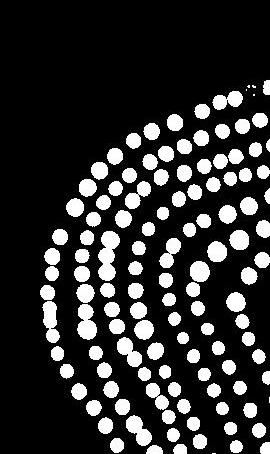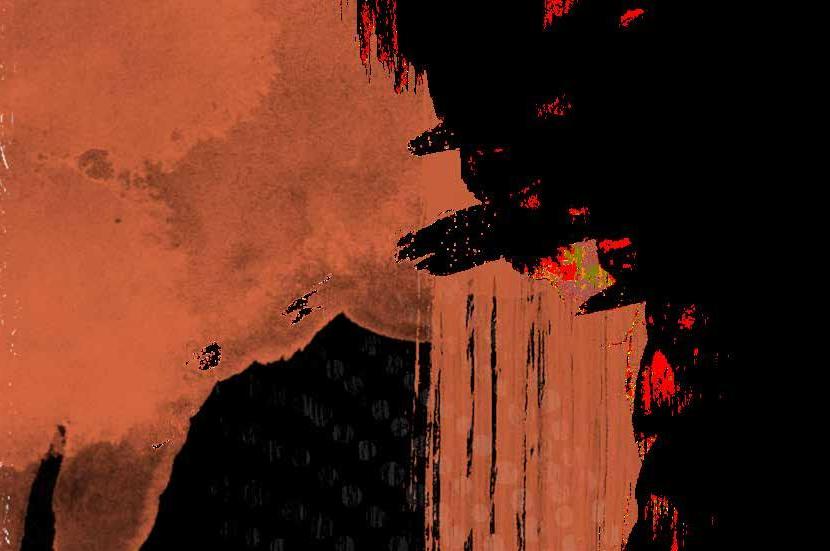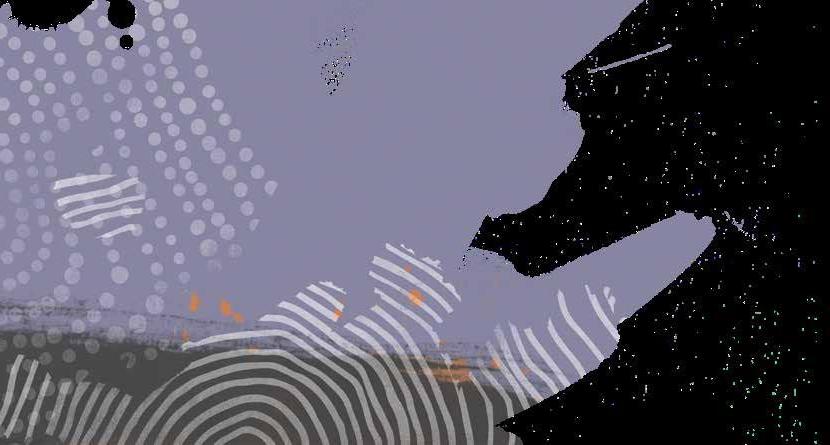
4 minute read
LOOK FOR A BOOK!

The joy gained from reading a great book cannot be underestimated— even more so if that story is shared. Take the opportunity to host a virtual or in-person book club this National Reconciliation Week and share the stories, perspectives and lives of Australia’s First Nations storytellers. Here are some to get you started.


Bindi by Kirli Saunders (Magabala Books)
Bindi is a verse novel that explores the life of 11-year-old Bindi and contrasts her everyday activities with devastating bushfires that begin to surround her town. With Gundungurra language beautifully woven within each verse, you gain an insight into Bindi’s life; her love for hockey, her horse, and her family. Even with the vivid impact of fire, this book is not a fear-filled read. It instead sheds light on the hope and community collectiveness that comes together in times of crisis, as seen through the eyes of a young person.
The importance of caring for Country and culture is a strong theme throughout and beautifully paired with sparse black and white illustrations by Dub Leffler. If you’re yet to read a verse novel, this is a perfect introductory book for all readers, and one to share with the younger people in your life.
Black and Blue: a memoir of racism and resilience by Veronica Gorrie (Scribe Publications)
Veronica Gorrie’s searing and candid new memoir, Black and Blue, chronicles her life as young Gurnai/Kurnai child and woman in rural Victoria, as well as her tumultuous and heartwrenching ten years as a police officer.
From the first chapter, Gorrie’s sense of justice and care for those around her is evident, as she described what it was like to grow up in her mixed non-Indigenous and First Nations household in the seventies. She describes this childhood —marked by alcoholism, domestic abuse and intergenerational trauma— in her frank, empathetic, and often humorous style.
When the memoir turns to her time in the police force, she lays bare the rampant institutionalised racism she both faced and witnessed in her workplace.
With candour and sincerity, Gorrie tells of trying to serve communities with compassion, but also of the complications, realities and trauma of being a First Nations person working within a broken criminal justice system.
At a time when Aboriginal and Torres Strait Islander peoples continue to be incarcerated at devastatingly higher rates than non-Indigenous people, Gorrie’s memoir gives rich, complex and human context to the relationship between First Nations peoples and the police..

Culture is Life by Wayne Quilliam (Hardie Grant Publishing)
Culture is Life presents a collection of images projecting First Nations culture, history, art and ceremony. Photographed and curated by award winning photographer and Adjunct Professor Wayne Quilliam, his work captures prominent Aboriginal and Torres Strait Islander Australians, community members and Elders alike and ensures significant events on the nation’s calendar are not forgotten. Readers get a glimpse of the worlds’ oldest continuing culture through the lens of a First Nations photographer, who beautifully captures all who move in front of his camera.
Dropbear by Evelyn Araluen (UQP)
The bloodied face of history is black, is bruise spilling from a mouth that won’t swallow its own tongue.
Award-winning author, poet and critic, Evelyn Araluen’s first collection, Dropbear, is imperative reading to contextualise the political moment and racialised culture in Australia, from a First Nations perspective. Using a sinister collage of nostalgic Australiana tropes and kitsch--as well as their more recent, memeified iterations such as Dropbears and tattoos of Banksias on Melbourne hipsters—this collection draws the eye to and then skewers our imaginations of Australia, to great effect.
Moving from poetry to prose and everything in between, Araluen’s voice is present, urgent and compelling. A Bundjalung woman raised on Darug Country and the co-editor of the literary journal Overland, Araluen masterfully goes from satirising Australian mythology—Straya is a wild straggly abyss with one fence struck through—to capturing the suffocating anxiety experienced by First Nations peoples during increasingly destructive bushfires: I WROTE THIS POEM AT A DESK COVERED IN ASH. The cumulative effect is a dizzying kaleidoscope of the political and the personal—Araluen’s sweeping, critical voice is one to follow.
Song of the Crocodile by Nardi Simpson (Hachette Australia)
Have a penchant for grand family epics, steeped in history, mysticism, and secrets threatening to boil over? Look no further: Song of the Crocodile is for you. Longlisted for the 2021 Stella Prize, Song of the Crocodile follows the multi-generational Billymil family who suffer through the everyday indignity and violence of the racism that runs rampant through their small town—Darnmoor, ‘The Gateway to Happiness’. The decisions of older Billymil’s come to imbue the lives of the younger ones, and with ancestors appearing throughout the story, tying and weaving the members of the family together, and reminding us that the ramifications of colonial violence continue to play out for generations to come. Devastating, spiritual, and stunningly dotted with Yuwaalaraay language, this book is a song that will stay with you long after reading..










